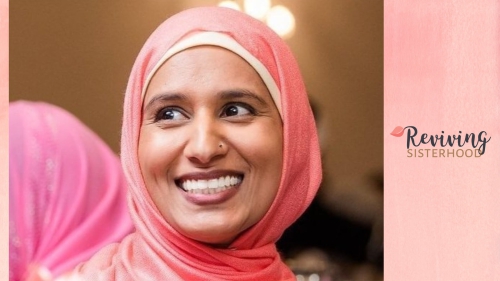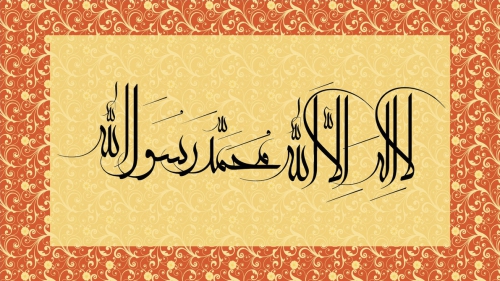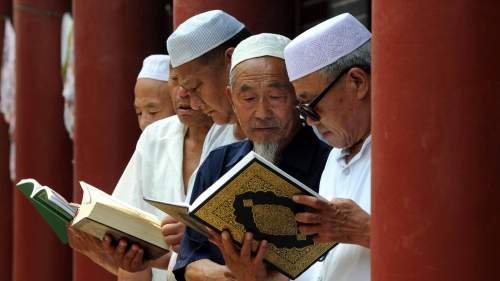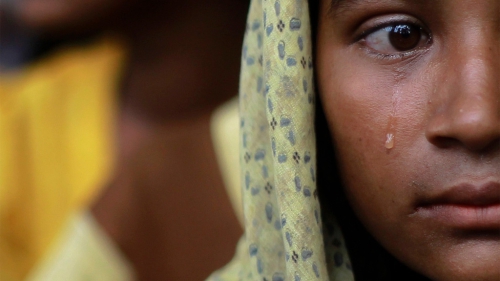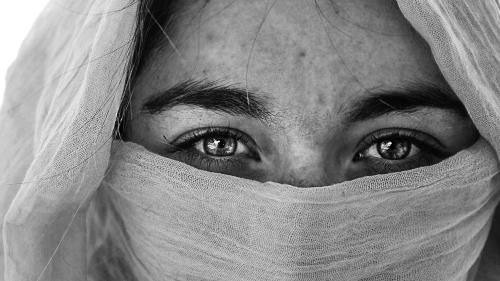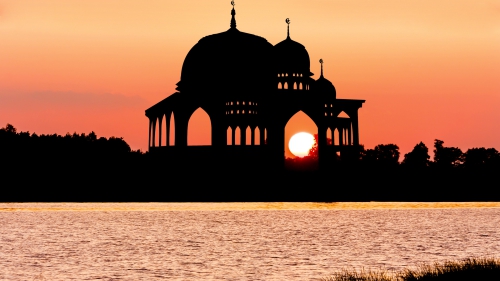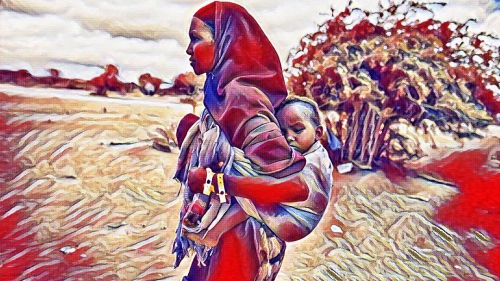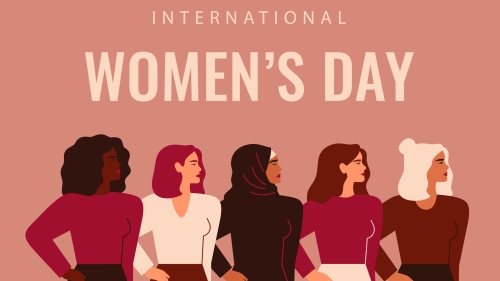What Do Muslim Women Want?
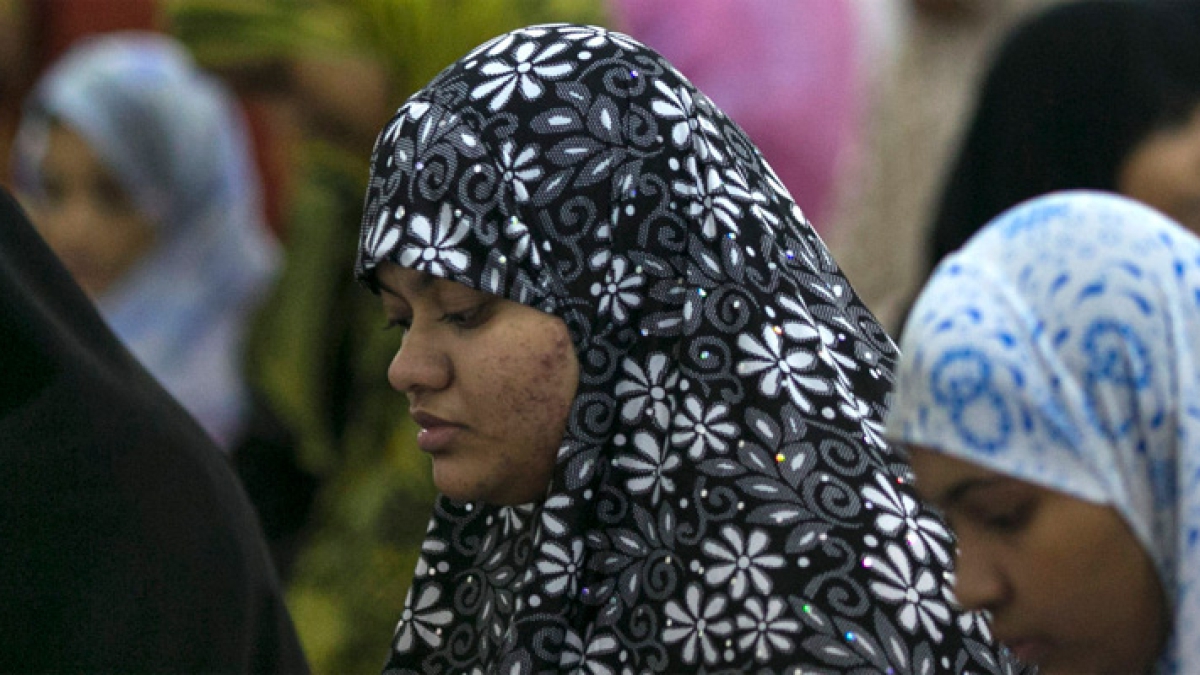 {file:content.php} {function:blp_getCustomField} {postID:3358} {customField:theClapCount} {default:0}not-in-use-in-plain-child
{file:content.php} {function:blp_getCustomField} {postID:3358} {customField:theClapCount} {default:0}not-in-use-in-plain-child



In sharp contrast to the popular image of silent submissiveness, Gallup findings on women in countries that are predominantly Muslim or have sizable Muslim populations hardly show that they have been conditioned to accept second-class status. Majorities of women in virtually every country we surveyed say that women deserve the same legal rights as men, to vote without influence from family members, to work at any job they are qualified for, and even to serve in the highest levels of government. In Saudi Arabia, for example, where as of this writing, women were not allowed to vote or drive, majorities of women say that women should be able to drive a car by themselves (61%), vote without influence (69%), and work at any job for which they are qualified (76%). Egyptian women, who have faced far fewer restrictions than their Saudi counterparts, speak even more strongly in favor of women's rights, with 88% of Egyptian women saying that they should be allowed to work at any job for which they are qualified. In Egypt, as in other parts of the Muslim world, this attitude is not just a theory, as a full third of professional and technical workers in Egypt are women, on par with Turkey and South Korea.
If you want to put faces to these data, observe women such as Souad Saleh, an assertive and outspoken woman whose area of expertise is fiqh, or Islamic jurisprudence. Saleh is an Islamic jurist and professor at al-Azhar University, the most prominent institution of Islamic scholarship and authority in Sunni Islam. She was the first woman dean of faculty at the institution and is a prolific writer on issues ranging from family law to women's rights, authoring more than seven volumes on Islam and at least four in-depth research works. A regular on pan-Arab television and one of the most outspoken preachers on Islam, her message is clear: "Islam is simple and holds women in high esteem."
Celebrity preachers aren't the only ones who defy conventional wisdom. There are also women like Salwa Riffat, an Egyptian woman now in her late 50s who earned her bachelor's degree in aeronautical engineering from Cairo University and went on to earn her Ph.D. in civil engineering. At the same time, she managed to successfully balance raising a family and fulfilling the demands of her career. She is now a professor of engineering, teaching men and women alike. "Women of my generation were at the forefront of a new era in Egypt," she says, referring to the wave of women attending college that gained momentum in the 1950s and 1960s. "Now, it's hardly something worth noting that in Egypt, universities are filled with women, in some cases more than men, and they are excelling." The valedictorians of Cairo's elite medical school are famously known to almost always be female.
These cases are hardly unique. Nationally representative self reported data show percentages of women in Iran (52%), Egypt (34%), Saudi Arabia (32%), and Lebanon (37%) with postsecondary educations. In the United Arab Emirates and Iran, women make up the majority of university students. However, in Muslim countries -as well as in non-Muslim countries -Gallup finds a wide range of female education with percentages of women pursuing postsecondary educations dipping as low as 8% and 13% in Morocco and Pakistan, respectively, which is comparable with 4% in Brazil, or 11% in the Czech Republic.
Based on the largest and most in-depth study of its kind, Who Speaks for Islam? What a Billion Muslims Really Think presents the remarkable findings of the Gallup Poll of the Muslim World, the first ever data-based analysis of the points of view of more than 90% of the global Muslim community, spanning more than 35 nations.
John L. Esposito is an Islamic studies professor at Georgetown University. Dalia Mogahed is executive director of the Center for Muslim Studies at Gallup. They co-wrote "Who Speaks for Islam? What a Billion Muslims Really Think."
Related Suggestions
In accordance with Title 17 U.S.C. Section 107, and such (and all) material on this site is distributed without profit to those who have expressed a prior interest in receiving the included information for research and educational purposes.



